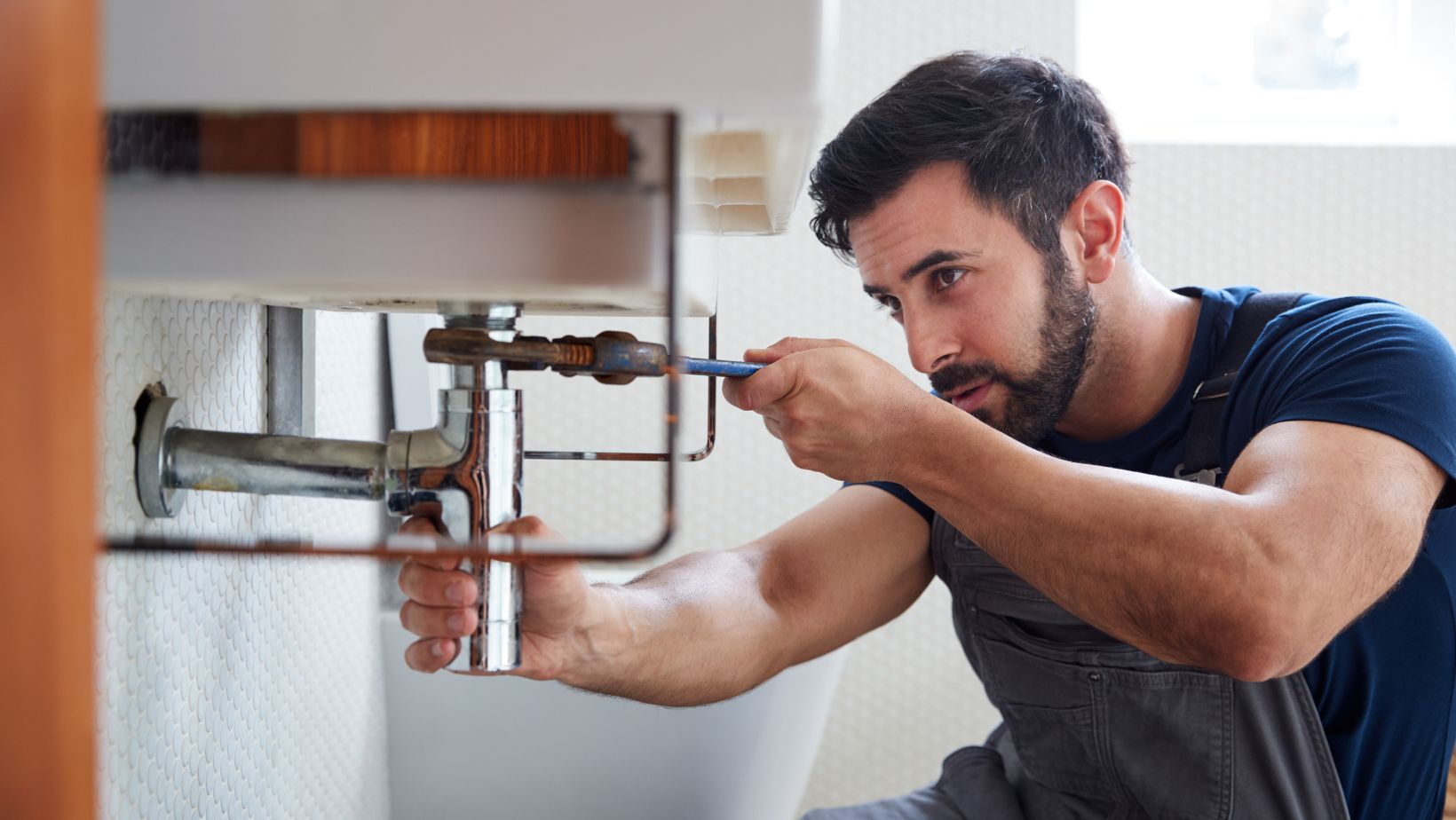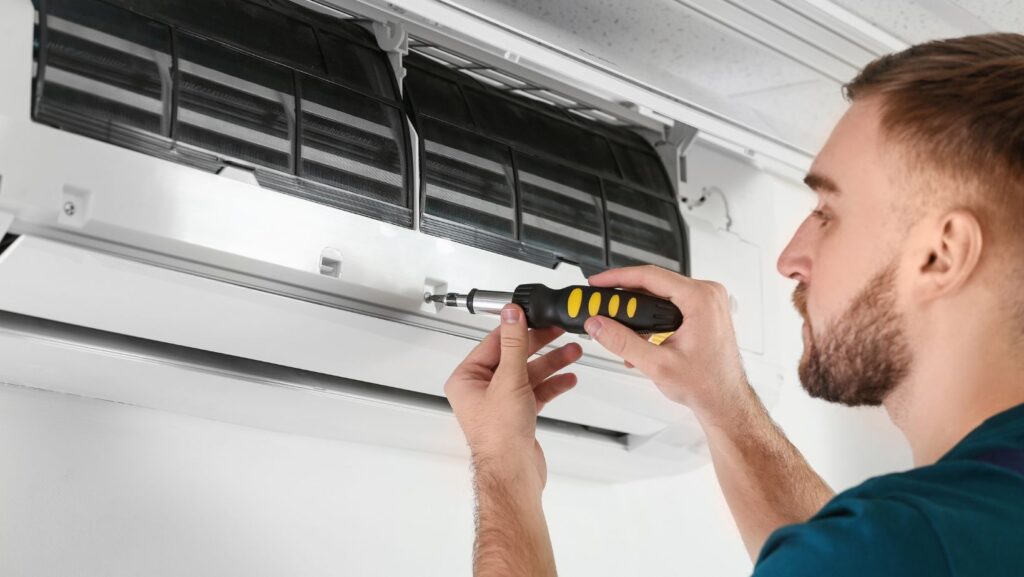Selling a home isn’t as simple as putting up a ‘For Sale’ sign and waiting for the offers to roll in. It’s a process that requires strategic preparation, and that includes making necessary home repairs. In this article, we’ll delve into seven essential home fixes that could make or break your sale.
From curb appeal enhancements to interior touch-ups, these repairs aren’t just about making your home look good—they’re about increasing its value. Whether you’re a seasoned home seller or a first-timer, you’ll find these insights invaluable. So, let’s roll up our sleeves and get your home ready for its market debut.
Remember, it’s not just about selling your home, it’s about getting the best possible price for it. And these seven fixes could be the key to unlocking that potential. Stay tuned as we guide you through each one. For bathroom upgrades, here you can buy cheap baths online with free delivery.
7 Home Fixes You Must Complete Before Selling
Following the strategy of the 7 home fixes you must complete before selling, the subsequent sections delve into concrete actions that form this group.
Fixing Plumbing Issues
In the list of crucial home fixes, plumbing invariably sits at the top. This generally involves locating and fixing leaks, unclogging drains, and ensuring smooth water flow. For instance, leaky pipes, dripping faucets, or sluggish drains – addressing these simple yet impactful plumbing issues tends to significantly enhance the functioning and appeal of any home.

Therefore, these repairs claim priority in the carefully curated list of the 7 home fixes you must complete before selling.
Updating Old Electrical Systems
Another noteworthy area of attention within these 7 home fixes involves the electrical systems. Dated or faulty electrical systems, for example, fixtures that do not function correctly or flickering lights, put off potential buyers, as they pose safety risk and indicate potential unforeseen expenses. Updating such systems not only ensures safety standards but also contributes to the home’s overall modern appeal, thereby positioning it favorably for a successful sale.
Painting for a Fresh Look
Undeniably, appearances matter when it comes to property selling. Thus, the third aspect emphasized in the 7 home fixes you must complete before selling concerns giving the house a fresh coat of paint. A freshly painted home, both inside and out, often imparts a sense of freshness, cleanliness, and readiness. It’s a simple trick that transforms and spruces up the look of any home, emphasizing its best features and appealing to potential buyers’ aesthetic considerations, ensuring a first impression that lasts.
Detailed Guide on Home Fixes
Before signing that sale agreement, taking time to complete certain home repairs enhances the prospects of securing a fair deal.

Here lies an extensive guide on the 7 home fixes you must complete before selling.
- Fixing Interior and Exterior Damages
- Updating the Kitchen and Bathroom
- Improving Curb Appeal
- Ensuring HVAC Systems are in Good Shape
Tools and Supplies Needed for Your Home Fixes
After identifying the 7 home fixes you must complete before selling, gathering the right tools and supplies forms a critical part of the preparation process. Having the correct equipment on hand ensures that the repair process goes smoothly, and you complete it efficiently. This section will guide you through the essential tools for DIY fixes and when to decide between hiring professionals or doing it yourself.
Essential Tools for DIY Fixes
For the home developers who prefer the do-it-yourself route, it’s vital to have a quality tool set. Some of the basic tools include a hammer, screwdrivers, a utility knife, a hacksaw, pliers, a tape measure, and a power drill. Working on electrical issues necessitates an electrical tester, while tasks like painting require brushes, rollers, and a paint tray.

Plumbing repairs might entail plumbing wrenches and plumber’s tape. You’ll also need safety gear, such as goggles and gloves. Remember, having these tools on hand does not constitute proficiency. Always follow safety guidelines while operating them.
Hiring Professionals vs DIY
While DIY repairs could save you money, some tasks are best left to professionals. Plumbing and electrical work, for example, often require expert knowledge and skill, and DIY repairs can result in costly mistakes or even pose safety hazards. Professional contractors are insured, certified, and experienced to handle complex projects safely and effectively. They ensure all fixes comply with local codes and regulations.
Decide between DIY and professionals based on skill level, task complexity, and available time. Eventually, it boils down to ensuring your home is in the best possible condition for selling.

